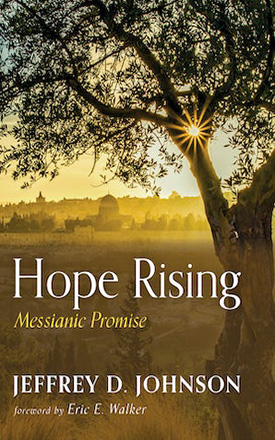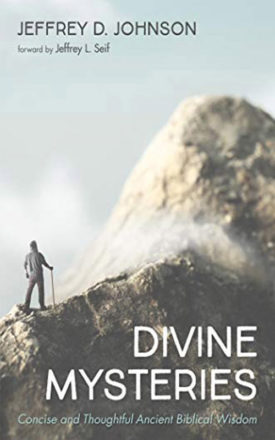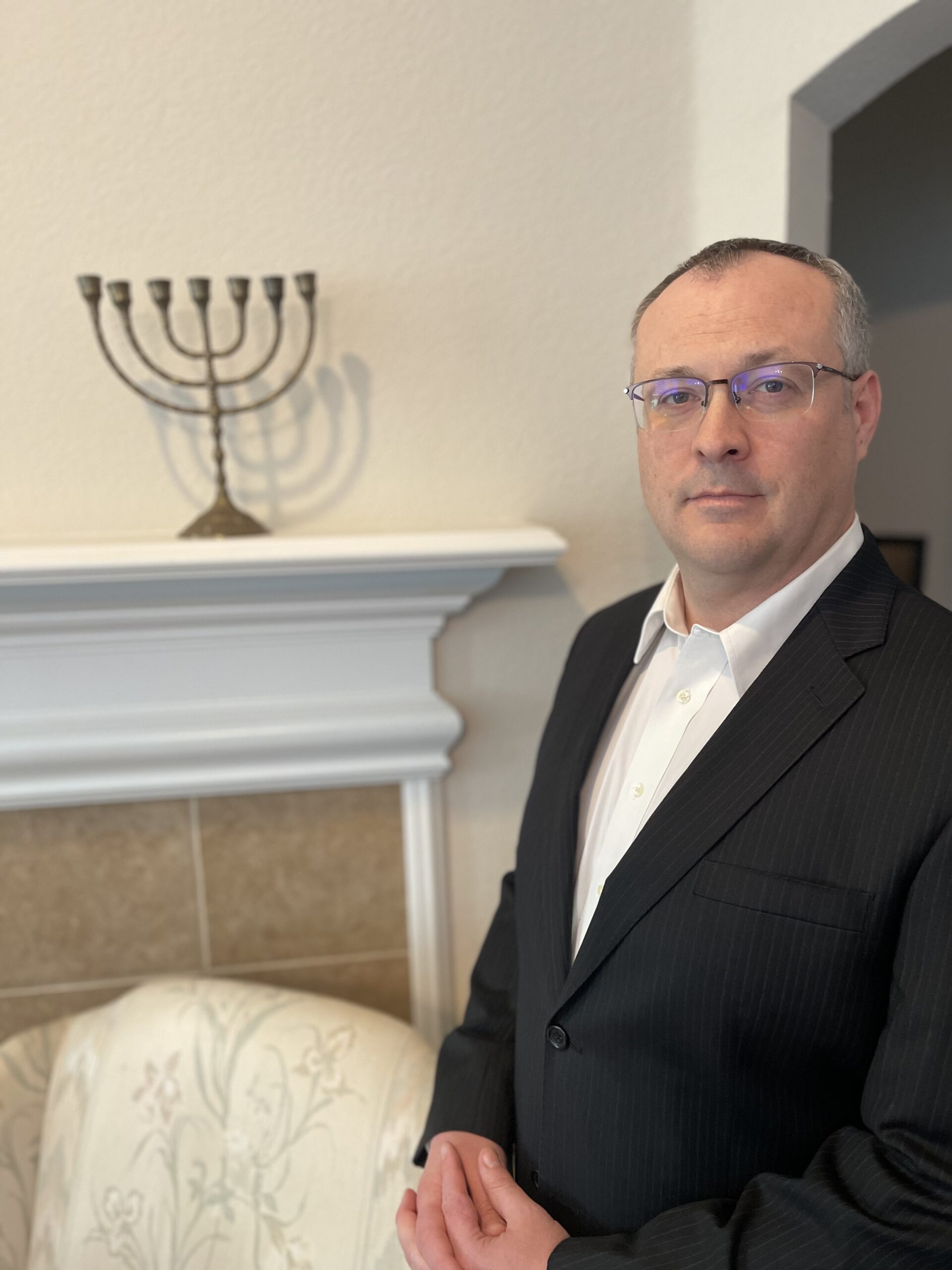Israel Today Resources:
-
 Hope Rising, Messianic Promise
Recommended donation: $20.00
Hope Rising, Messianic Promise
Recommended donation: $20.00
Add to cart
-
 Song of Song: The Greatest Lover
Recommended donation: $18.00
Song of Song: The Greatest Lover
Recommended donation: $18.00
Add to cart
-
 Divine Mysteries
Recommended donation: $15.00
Divine Mysteries
Recommended donation: $15.00
Add to cart
-

A time to mourn, but there’s more!
What comfort can be offered to the mother of a murdered son?
Hersh kissed his mother good-bye after synagogue Friday night. The 23-year-old was heading out to a music festival with his buddy. It was the next morning that this festival became the main stage in Hamas’s surprise attack and massacre killing innocent hundreds. That was October 7th, 2023.
Rachel’s only son did not die that day. Hersh, an American-Israeli from the Chicago area, was ordered into a truck by a Hamas terrorist and taken hostage.
Rachel did all she could and told her story everywhere she could. But Hamas, Iran’s proxy, used Hersh as a bargaining chip. He was useful to them for 330 days until August 31st, 2024 when the Israel Defense Forces (IDF) found his newly murdered body left discarded in a Gazan tunnel.
Hersh’s funeral was attended by thousands on September 2nd, 2024. Following the funeral was the mourning ritual “shiva”, or as commonly referred in English as “sitting shiva”. Shiva being the word for seven. This simply refers to the seven days of mourning. Here the family wear torn clothing and lament. In her torn clothing Rachel delivered a eulogy for her son Hersh.
Considering Shiva
In the modern Hebraic context, there are multiple stages of mourning and a number of rules and customs in the year following such loss. Shiva is one of, but perhaps the most significant or at least the most visible period. But where does it originate and why?
During shiva the mourners sit on a low stool, seat or even the floor. Job 2:13 notes three friends who came to sit with Job in his suffering “on the ground for seven days and seven nights”. Some speculate this is where the sitting element orientates.
Other shiva traditions include prohibitions from personal grooming, marital relations and the covering of mirrors. These actions aim to assist in dedicating this time to mourning. These seven days inversely mirror the bridal week celebrations like those mentioned of Jacob in Genesis 29.
A compelling correspondence might be drawn from the mourning period for Jacob in Genesis 50.
The Jacob Parade
After Jacob died, he was first given the equivalent of a state funeral in Egypt with all the associated pomp of a dignitary. This was due to Joseph’s status. After that Joseph took Jacob’s body back to be buried in the land of Canaan. Jospeh took with him “all Pharaoh’s servants, the elders of his household, and all the elders of the land of Egypt … along with all of Joseph’s family, his brothers, and his father family.” (Genesis 50:7-8 CSB) This was a parade of epic proportions.
A Shiva – Surrounded
This distinctively Egyptian parade was delivering Jacob’s body back to the land. It is here we see a shiva-like mourning event.
When they reached the threshing floor of Atad, which is across the Jordan, they lamented and wept loudly, and Joseph mourned seven days for his father. When the Canaanite inhabitants of the land saw the mourning at the threshing floor of Atad, they said, “This is a solemn mourning on the part of the Egyptians.” Therefore the place is named Abel-mizraim. It is across the Jordan. (Genesis 50:10-11 CSB)
The threshing floor of Atad is not a definitive geographical location. The 11th-century rabbinic commentor Rashi said that his Rabbis explained that this “threshing floor of Atad [thorns]” was named this not because thorns were threshed there but because of the events that transpired.
“…All the kings of Canaan and the princes of Ishmael came to wage war against them, but as soon as they saw Joseph’s crown hanging over Jacob’s coffin they all rose and hung their crowns on it and thus wreathed it with crowns like a threshing floor that is surrounded with a hedge of thorns”. (Pentateuch with Rashi’s Commentary)
Indeed, Rabbi Abbahu from the third century also said, “they surrounded the casket of Jacob with crowns, like this threshing floor that is surrounded with boxthorns, because the children of Esau and the children of Ishmael and the children of Keturah all came to the burial of Jacob.” (Sotah 13a)
 It is unclear if the Canaanites comprehended this event, as these Rabbis have said, beyond that of group of bereaved Egyptians. This is an interesting mystery. It is clear however that this is the first distinctively Hebraic expression of shiva in the Tanakh (Hebrew Bible). As Jacob’s family got close to home, they mourned their patriarch. Their father was dead, and they were now surrounded by the Canaanites. What hope did they have in their mourning?
What hope did the tribes of Israel have?
God had just delivered their family from famine through Joseph. Did they remember? God renewed his promise to Jacob regarding the land and before he died, Jacob called his twelve sons and blessed them with specific reference to the land. Jacob blessed the twelve tribes. Was this enough to give hope to those twelve during shiva while in plain view of their enemies?
His promises were fulfilled via Moses and Joshua. “So the LORD gave Israel all the land he had sworn to give their ancestors, and they took possession of it and settled there. The LORD gave them rest on every side according to all he had sworn to their ancestors. None of their enemies were able to stand against them, for the LORD handed over all their enemies to them.” (Joshua 21:43-44 CSB)
He keeps his promises.
What comfort can be offered today?
Bereavement is a needful process and a healthy expression of love. We know that Jesus shared in the sorrow of death and he himself wept. And for those who believe he said, “Blessed are those who mourn, for they will be comforted.” And of course, the ultimate comfort is promised in the context of the new Jerusalem descending from heaven with God himself to wipe away every tear. “…Death will be no more; grief, crying, and pain will be no more…” (Revelation 21:4 CSB)
Is this enough? Yes, but there’s more! There is a marriage feast. There is a promise of a wedding celebration the opposite of a shiva. There is a banquet, and Abraham and Isaac and Jacob are there. Is God done with Israel? No! The names of the twelve tribes of Israel are inscribed on twelve gates of the new Jerusalem.
What comfort can be offered to the mother of a murdered son? The comfort of the promises of God.
- Scott Johnson is a Senior Middle East Analyst, who lived and worked in the Middle East, and has degrees from Moody Bible Institute and the University of London.


